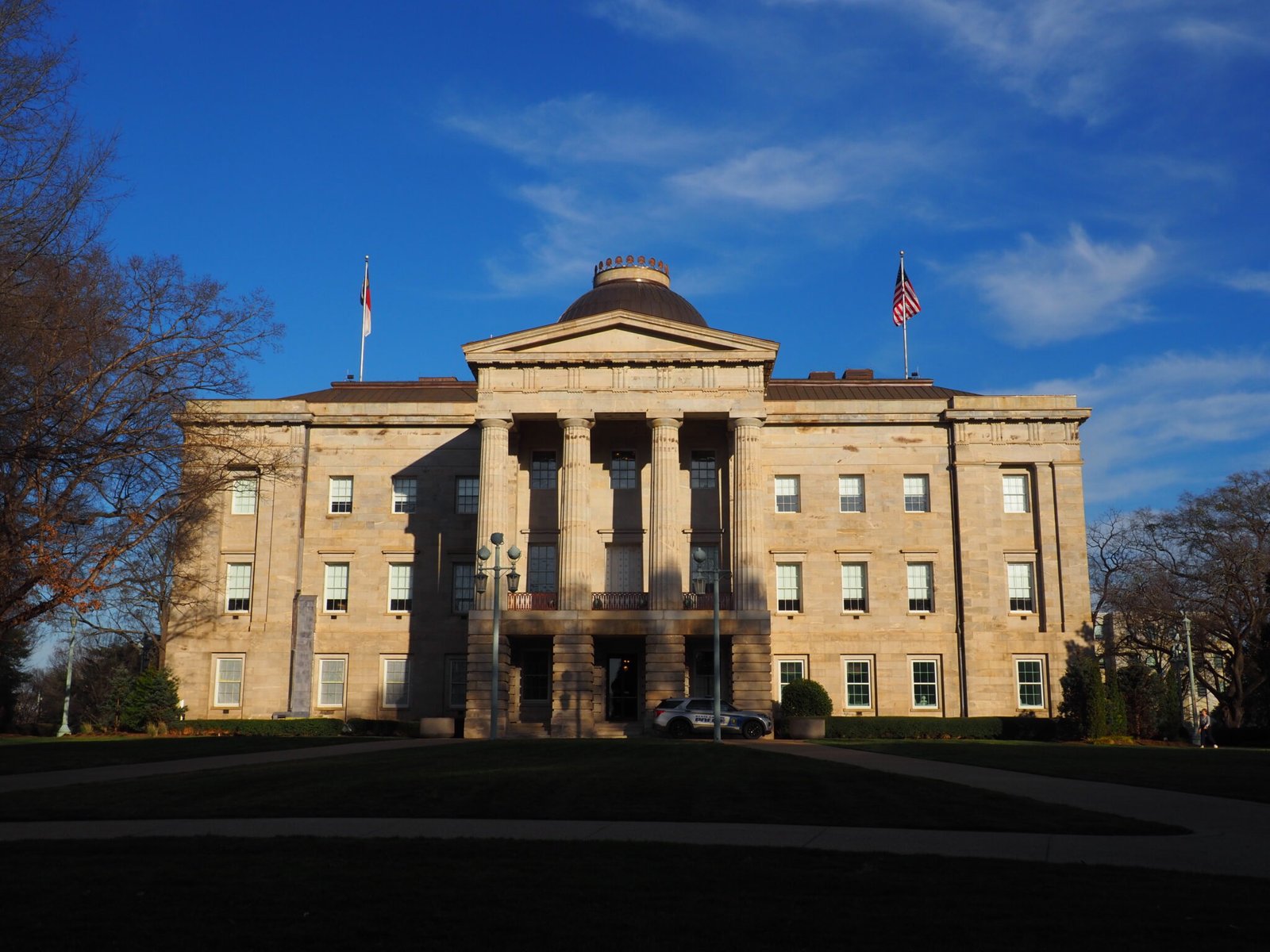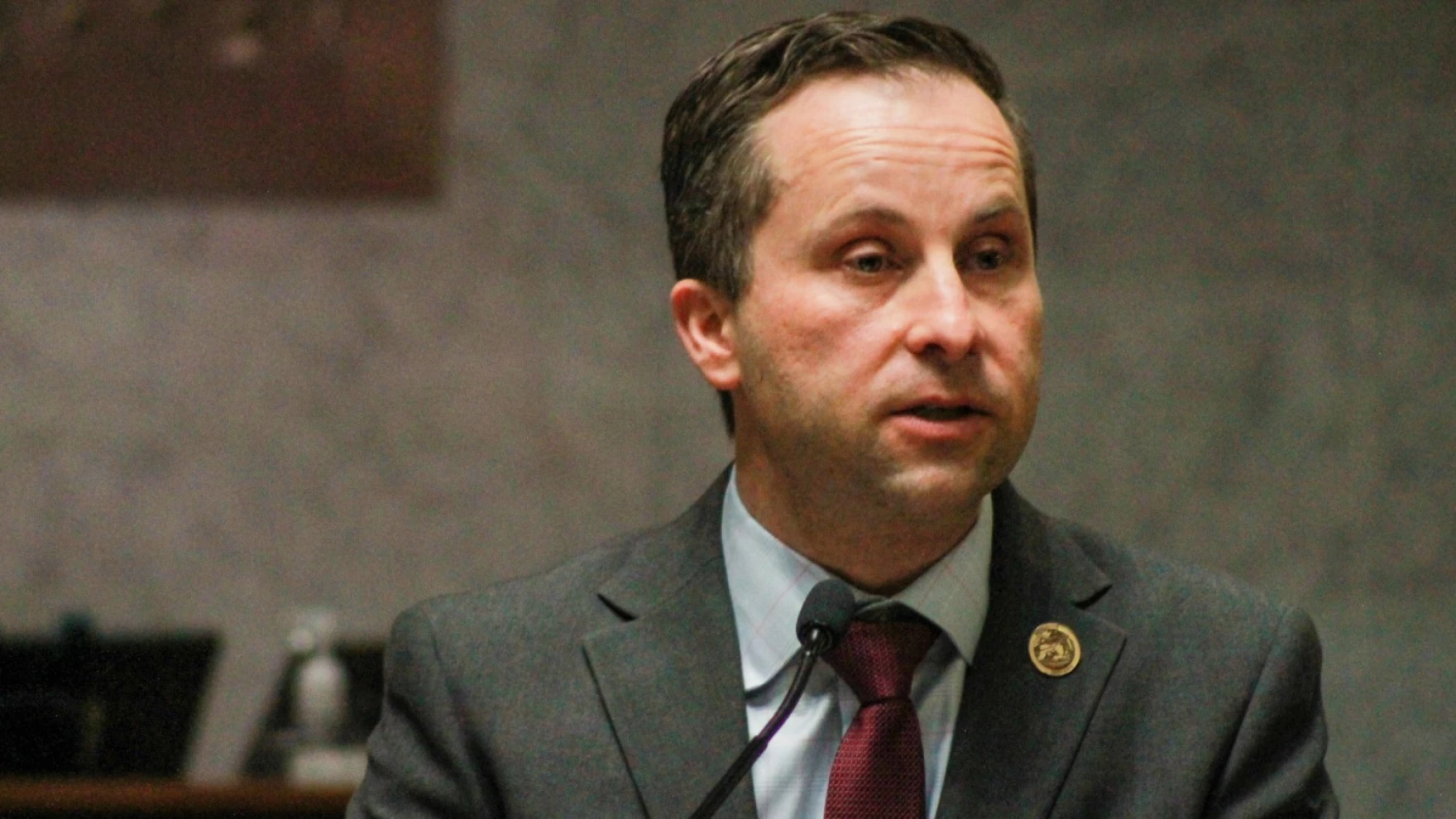Piers Forster is a distinguished climate scientist who has become a key figure in the study of global warming and its effects on the planet. He serves as the director of the Priestley Centre for Climate Futures at the University of Leeds in the United Kingdom. Throughout his career, Forster has focused on understanding how human actions, especially the release of greenhouse gases, influence Earth’s climate system.
Forster’s work revolves around the critical issue of carbon dioxide and other greenhouse gases that trap heat in the atmosphere, causing global temperatures to rise. His research has contributed significantly to the scientific community’s understanding of how these gases impact climate change. He has been deeply involved in analyzing how emissions from fossil fuels and deforestation lead to rising temperatures and sea levels worldwide.
A notable aspect of Forster’s career is his involvement with the Intergovernmental Panel on Climate Change (IPCC), an international body responsible for assessing the science related to climate change. His contributions to IPCC reports have helped shape global awareness and policy responses to climate issues. These reports inform governments and international organizations on the urgent need to limit emissions and take action against climate change.
In recent years, Piers Forster has drawn attention to alarming trends in global warming. He has highlighted how the Earth’s temperature is rising faster than previously expected, putting the internationally agreed target of limiting warming to 1.5°C at serious risk. This target, established under the Paris Agreement, aims to prevent the most dangerous impacts of climate change. Forster’s research indicates that unless significant cuts in carbon emissions are made soon, the planet could exceed this limit within a few years.
His findings show that the “carbon budget,” or the total amount of carbon dioxide the world can emit while still having a chance to stay below 1.5°C warming, is shrinking rapidly. At the start of 2020, the budget was estimated to be 500 billion tonnes of CO2. By early 2025, it is expected to fall to around 130 billion tonnes. With current emission rates of approximately 40 billion tonnes annually, the budget could be exhausted in just over three years. This rapid depletion underscores the urgency of reducing emissions.
Forster also emphasizes the consequences of passing these limits. Higher global temperatures lead to faster melting of ice sheets, rising sea levels, and more frequent extreme weather events such as heatwaves, floods, and storms. These effects threaten ecosystems, economies, and communities worldwide. His research points out that the current rate of warming, around 0.27°C per decade, is much faster than any similar period in Earth’s recent history.
Beyond documenting these risks, Forster advocates for practical solutions. He stresses the importance of transitioning to clean energy technologies to cut emissions quickly and deeply. While some scientists hope future carbon removal technologies might help reverse warming, Forster warns against relying too heavily on such unproven methods. Instead, he calls for immediate action to reduce emissions and avoid making climate goals harder to achieve.
Piers Forster’s leadership at the Priestley Centre for Climate Futures involves coordinating research that explores climate scenarios and helps policymakers understand possible futures. His work supports international efforts to develop strategies that limit warming and adapt to climate changes already underway. This research also informs public discussions and educational efforts aimed at increasing awareness about climate science.
As the world faces growing challenges related to climate change, Piers Forster remains a respected and influential expert. His clear communication of complex scientific data has helped bring urgency to the global conversation on climate action. By linking detailed research to policy implications, Forster plays a crucial role in guiding responses to one of the most significant issues of our time.
Through his ongoing work, Piers Forster continues to shape how scientists, governments, and the public understand and address the risks posed by global warming. His emphasis on evidence-based policies and immediate emission reductions is a call to action to protect the planet’s future.







